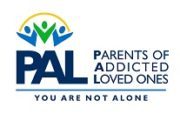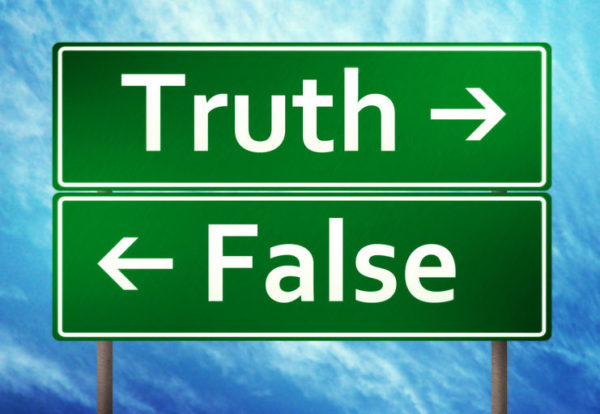I have mentioned in previous blog posts that parents in crisis often act on what I perceive to be false beliefs. Some examples of this follow: they think they can control other people’s choices, can fix addiction in a loved one, that their child’s addiction is somehow their fault, that addicts are victims, etc. I do not wish to assert that I always know true from false beliefs, I merely wish to share what I have learned from my own experience.
I would also like to further discuss the idea that we act out our belief systems. This being the case, our actions can tell us a lot about what we do and do not believe about addiction and recovery. I hope this discussion will help to identify false beliefs and affirm that both beliefs and actions can be changed for the better. These changes will most often yield better results in life such as more happiness and peace.
Let’s work backwards as we seek to unearth beliefs that we may be hiding from ourselves. You may ask “Why would anybody hide a belief from themselves, wouldn’t that be preposterous?” “Shouldn’t we all know our own beliefs and motives?” In my experience the human being is masterful at denial and can hide unpleasant, unpopular, and undesirable character traits from themselves. An example of this is the addicted loved one who says they do not believe that using drugs and living an addicted lifestyle is hurting anybody other than themselves. Not so preposterous, huh? If they were to accept the damage their choices were creating, they would either need to change or admit they do not care.
Let’s take a deeper look. If a parent’s actions are to bail their child out of trouble, what does this say about their belief in their child’s ability to handle adversity? If questioned, the parent may answer, “I know my child cannot handle adversity, I have witnessed it.” This often makes clear the premise guiding their actions. They believe their child cannot handle the situation. Once this belief is identified, a parent can challenge the belief or at least discuss it in their recovery meeting or with a spiritual advisor or mentor. Maybe they decide they want to keep the belief, but the challenge is always worthwhile.
Here are a few open-ended questions to ask yourself and discuss with another parent or spiritual advisor.
I do not say no when I want to because I believe….
I enable because I believe…
I do not take care of myself because I believe..
I am stressed often because I believe…
I am stuck living in an addiction cycle because I believe…
I keep doing ________ which I don’t feel good about because I believe…
Try working the formula on anything you are stuck on. Does it help to identify the belief?
Once we pinpoint a belief that does not serve us, we can challenge the belief, discuss it with another and work it all the way out to make a change. Warning! This often takes commitment and does not happen overnight. Once this ineffective belief has been brought to light and has been moved from the unconscious to the conscious, the next challenge is to turn the new awareness into new action. When we change the behavior, we start to see a change in results.
These watershed moments where new awareness is gained can go a long way. It is a good habit to frequently pause and take a quick assessment of our current state of mind and progress in recovery, asking ourselves what our actions show that we believe.
A few more questions to meditate on.
Do my actions truly reflect what I say I believe?
If I believe my child’s journey is their own, what is my role?
If I believe there is hope, how would I act from now on?
If I do not believe I cause my child’s addiction, how would I respond?
If I believe in God, do my actions reflect this?
Let’s apply the concept to an addicted loved one. Their sponsor or counselor is often doing just that. Remember if we believe addicts are victims, we will treat them as such and aid them in staying sick.
If staying sober is important to you, then why do you avoid meetings?
If staying sober is important to you, why do you keep the same company as you did when you were using?
If family is important to you, why do you lie to them?
If growing up is important, why don’t you hold a job?
If being trusted is important to you, why aren’t you trustworthy?
Their actions always create great insight into their belief systems. The answer sometimes is simply that these things are not yet important to them, but they desire to have others believe that they are.
An urgent reminder: if we allow ourselves to be blind to our beliefs and unaccountable for our actions, it is likely that we will in turn allow our addicted loved ones to do the same.
It is also important to remember the concept “progress not perfection,” be gentle but firm with yourself and seek out as many self-defeating beliefs as you can. Who knows, you might even have some fun doing so and meet some great friends along the way.
Josh Azevedo is a guest blogger for PAL and is the Executive Director at The Pathway Program, https://thepathwayprogram.com


Comments are closed.